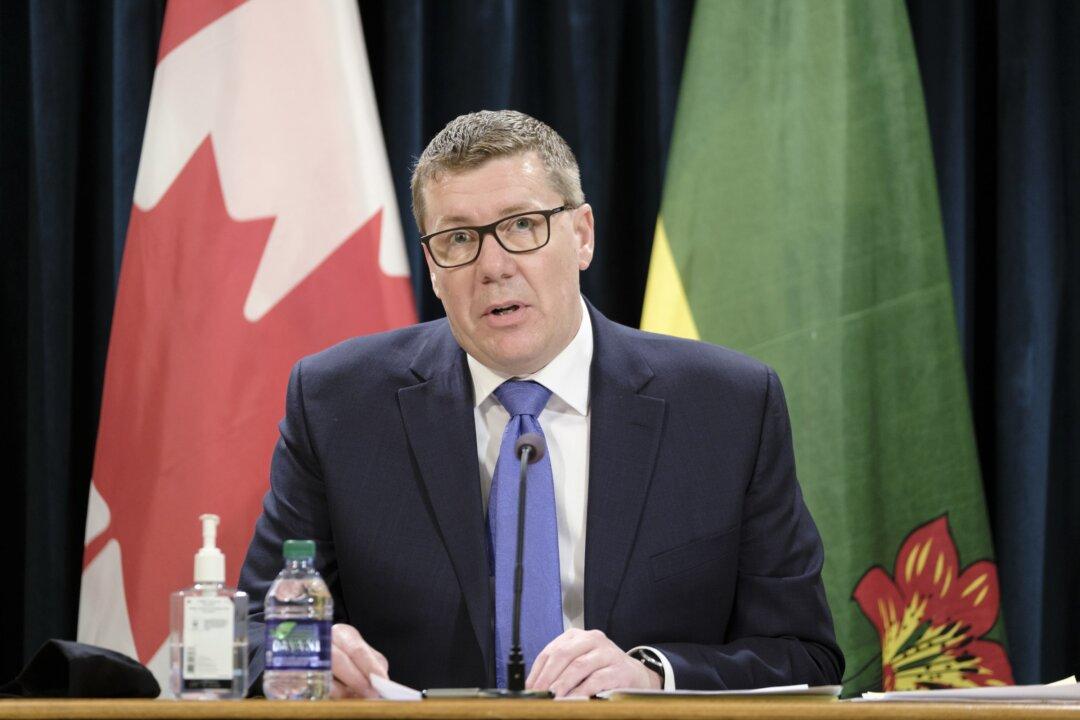On social media and in a speech in Regina Sept. 7, Saskatchewan Premier Scott Moe announced his government’s plans to bring in a bill to protect parental rights.
“In light of some criticism and court challenges funded by out of province interest groups, our government has been asked if we are serious about protecting parents’ rights in education or if we plan to back down,” Mr. Moe said on X, formerly known as Twitter.





